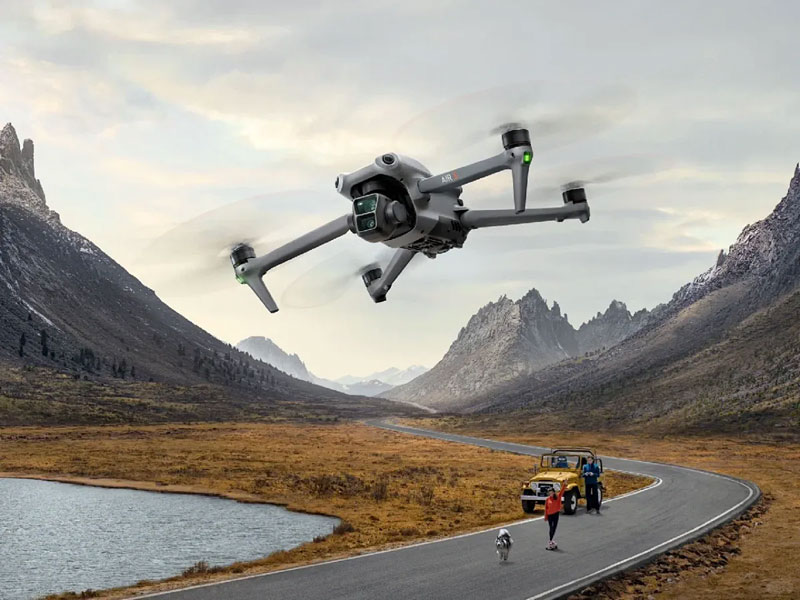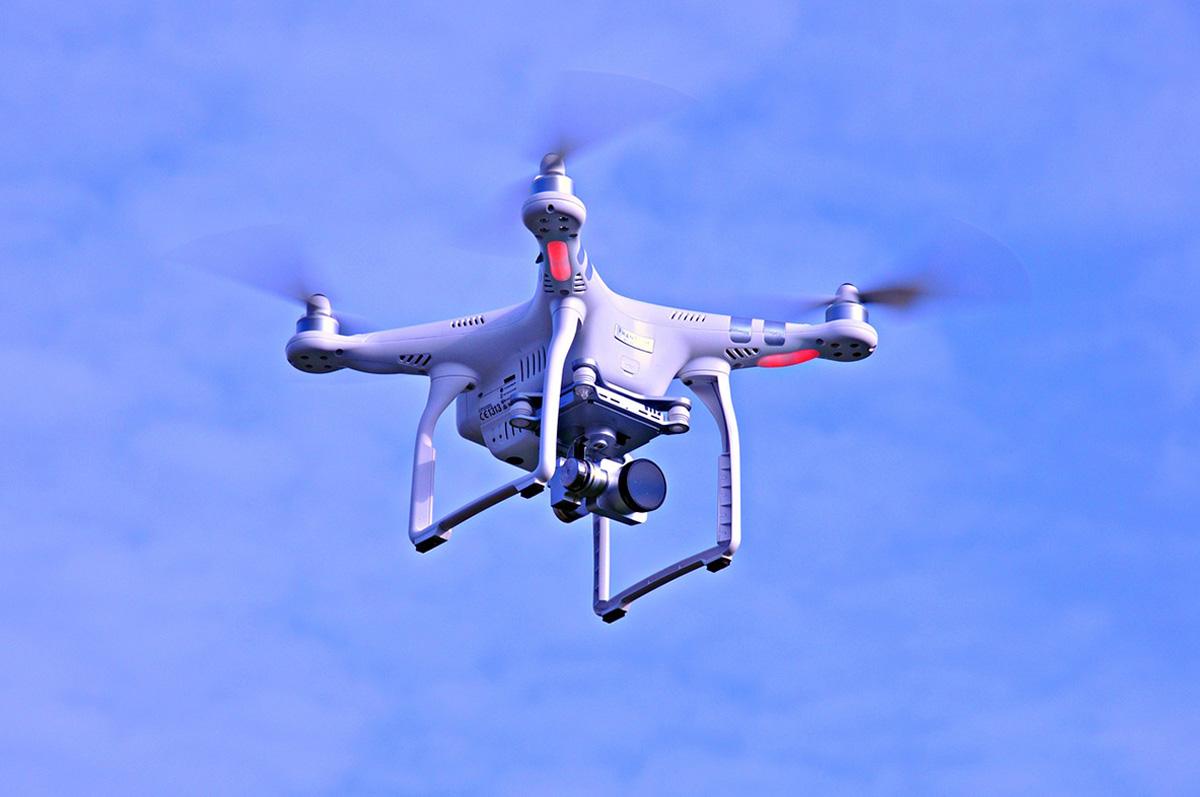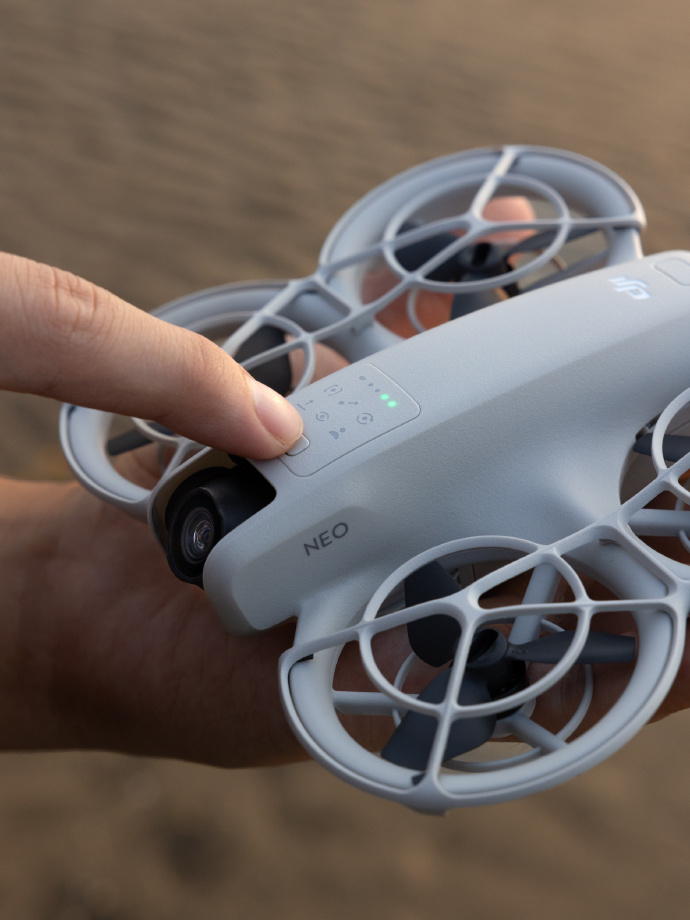Exploring the Advancements in Commercial Drone Technology
The realm of commercial drones has witnessed unprecedented advancements in recent years. As the demand for commercial drone solutions grows, industries from agriculture to filmmaking are finding new applications for these versatile devices. The introduction of AI and machine learning into drone technology has enhanced autonomous flying capabilities, allowing drones to navigate complex environments with minimal human intervention. Moreover, advancements in battery technology have extended flight times, enabling drones to cover larger areas, which is critical for industrial purposes like surveying and mapping.
Safety and Regulatory Changes
With the surge in commercial drone usage, safety protocols and regulations have become stringent. Innovations such as geofencing, which prevent drones from entering restricted zones, are increasingly adopted to ensure compliance with aviation regulations. Developers are also focusing on collision-avoidance systems, mitigating risks associated with congested areas. The integration of 5G networks is set to revolutionize how operators control drones, providing real-time data and enhanced video transmission quality.
Industry-Specific Innovations

- Agriculture: Drones equipped with multispectral sensors offer farmers detailed insights into crop health, leading to more efficient resource management.
- Construction: High-resolution cameras and LiDAR sensors allow for precise site monitoring, reducing both time and costs associated with traditional surveying methods.
- Media: Filmmakers utilize drones with enhanced stabilization technology to capture breathtaking aerial shots once inaccessible.
The Future of Commercial Drone Solutions
Looking ahead, commercial drone technology promises even more exciting innovations. The development of hybrid drones combining both airborne and underwater capabilities is anticipated to transform marine industries. Additionally, new software aimed at improving AI-driven decision-making will refine drone operations, such as identifying and tracking objects with greater accuracy.
technology promises even more exciting innovations. The development of hybrid drones combining both airborne and underwater capabilities is anticipated to transform marine industries. Additionally, new software aimed at improving AI-driven decision-making will refine drone operations, such as identifying and tracking objects with greater accuracy.
Frequently Asked Questions
- How are commercial drones powered?
Most commercial drones are powered by rechargeable lithium-polymer batteries, offering a balance between weight and performance.
- What are the limitations of commercial drones?
Factors such as weather conditions, battery life, and regulatory restrictions are common challenges in drone operations.
- Are commercial drones suitable for public safety uses?
Indeed, drones are increasingly deployed in emergency response scenarios for rapid assessment and search operations due to their aerial advantage and speed.

In conclusion, the commercial drone industry continues to evolve, with innovations enhancing functionality and expanding potential applications. As technology advances, drones will play a crucial role in shaping the future of various sectors worldwide.
